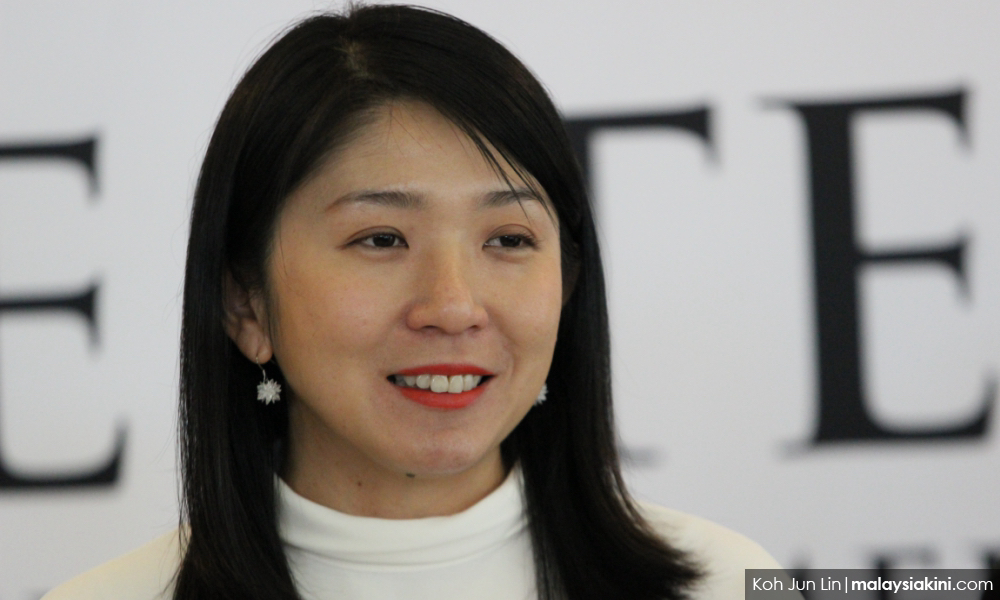Women’s participation in politics has long been recognised as an important measure of the status of women, and in Malaysia, the women have stamped their mark in the cabinet, the Dewan Rakyat and the Dewan Negara.
The trend in women running for political positions and holding office is gaining momentum and their contributions and impact would be best seen in about two to three years, said two women in politics.
Kepayang state assemblyperson Nicole Tan said while there have not been significant changes despite the change in government, the appointment of Dr Wan Azizah Wan Ismail, as deputy prime minister was a great honour for all women in the country.
“In addition, the Malaysian cabinet now has nine women - five ministers and four deputy ministers, and we need perhaps two to three years to see if this (trend) will continue and if they have an impact,” she said in the Ruang Bicara programme aired over the Bernama News Channel, last night.
The other panellist in the programme that discussed ‘Women's Struggles In the New Malaysia’s Politics’ was Senator Raj Munni Sabu alias Aiman Athirah Al Jundi, who said that women representation in the Dewan Rakyat previously stood at eight percent, but it was now 14.4 percent, while in the Dewan Negara, their numbers had gone up from 17 percent to 19.23 percent.
Asked whether she was satisfied with the number of women in the current cabinet, Tan, who is also the DAP women's national publicity secretary, said she was, because they were selected on merit.

She then cited two examples - Yeo Bee Yin (photo), who is also energy, science, technology, environmental and climate change minister, who has a master's degree from Oxford University in the field of energy, and Women, Family and Community Development Deputy Minister Hannah Yeoh, a lawyer on women's rights.
According to Raj Munni, there should be more effort to uplift girls and women for them to speak up and defend their rights.
“With the new government being in control for just over nine months, it has to set a framework to reach the minimum 30 percent target for women,” she said.
“The empowerment of women not only lies on the shoulders of the government, but also with political parties which must make it a point to attract women members,” she added.
Raj Munni, who is also a central committee member of Amanah, said that for some policies which involved women, it was best for females to be the decision-makers.
“In matters concerning women’s health and basic education, men cannot possibly make a better decision than the women themselves,” she said.
- Bernama

